Monica Briggs is the CEO of the Child Cancer Foundation, an organisation that provides a raft of services for suffering families at an emotional, financial and practical level. She says she is humbled every day by the generosity of spirit she sees around her.
Thu-Lena Tran is Child Cancer Foundation’s Senior Whānau Connect Lead, who, having experienced tragedy with her own child, is now devoted to making life better for others.
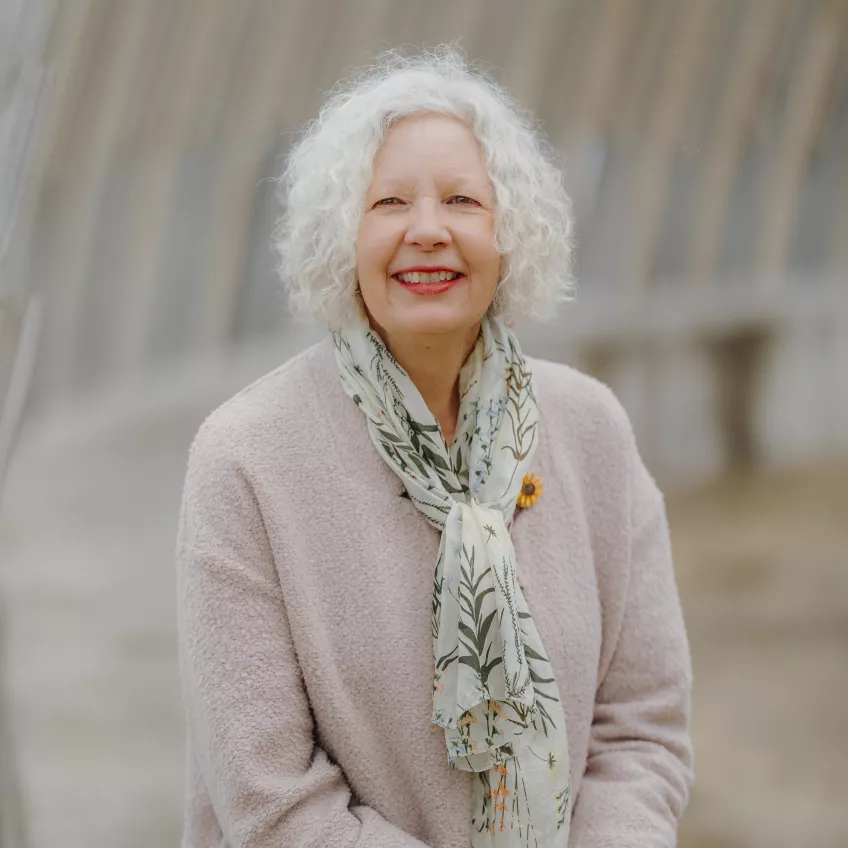
Photography by Emily Chalk
Monica:
“In New Zealand, three children get diagnosed with cancer every week, and often it happens really suddenly. The parents or caregivers will have noticed something is not quite right with the child and they’ll have been in and out with the GP. Then something else will happen, there will be more in-depth diagnostic testing, and if that comes back with a cancer result, they’re literally flown to one of the two treatment centres [Starship in Auckland or CHOC in Christchurch] that day.
“We get a referral within days of them being admitted and then our staff are with them for their whole journey… and it can be years. Obviously there’s the enormous shock of it, so we provide psychosocial support and specialist counselling.
But it’s also incredibly dislocating for these families: One of the parents or caregivers may have to give up work to be with the child, leading to financial stress and hardship; So we’re there with practical things like food parcels, and helping to pay heating bills in winter. We’ll pay for petrol vouchers to get the whānau to and from the child’s treatment centre - and lots more.
We also support research and do grants for health professionals. Survival rates have improved hugely in New Zealand in the last couple of decades - 85% survive a child cancer diagnosis - and research is accelerating at a pace, but funding it is another big challenge for society.
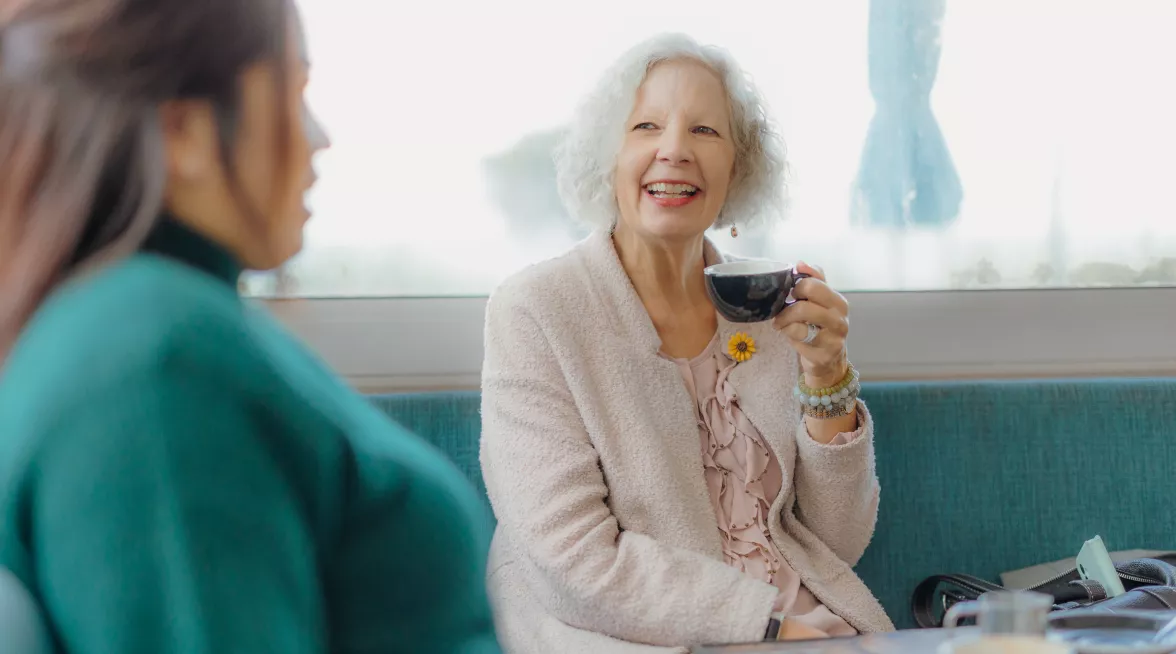
Alongside the one-on-one support, we run online programmes for those who are bereaved and for those who are coming off treatment - which is another really significant time for families, because life is never the same again. They have to adapt to a new normal.
I had cancer myself when my daughter was seven and her little life crumbled at that time, so I can only imagine what it’s like the other way around.
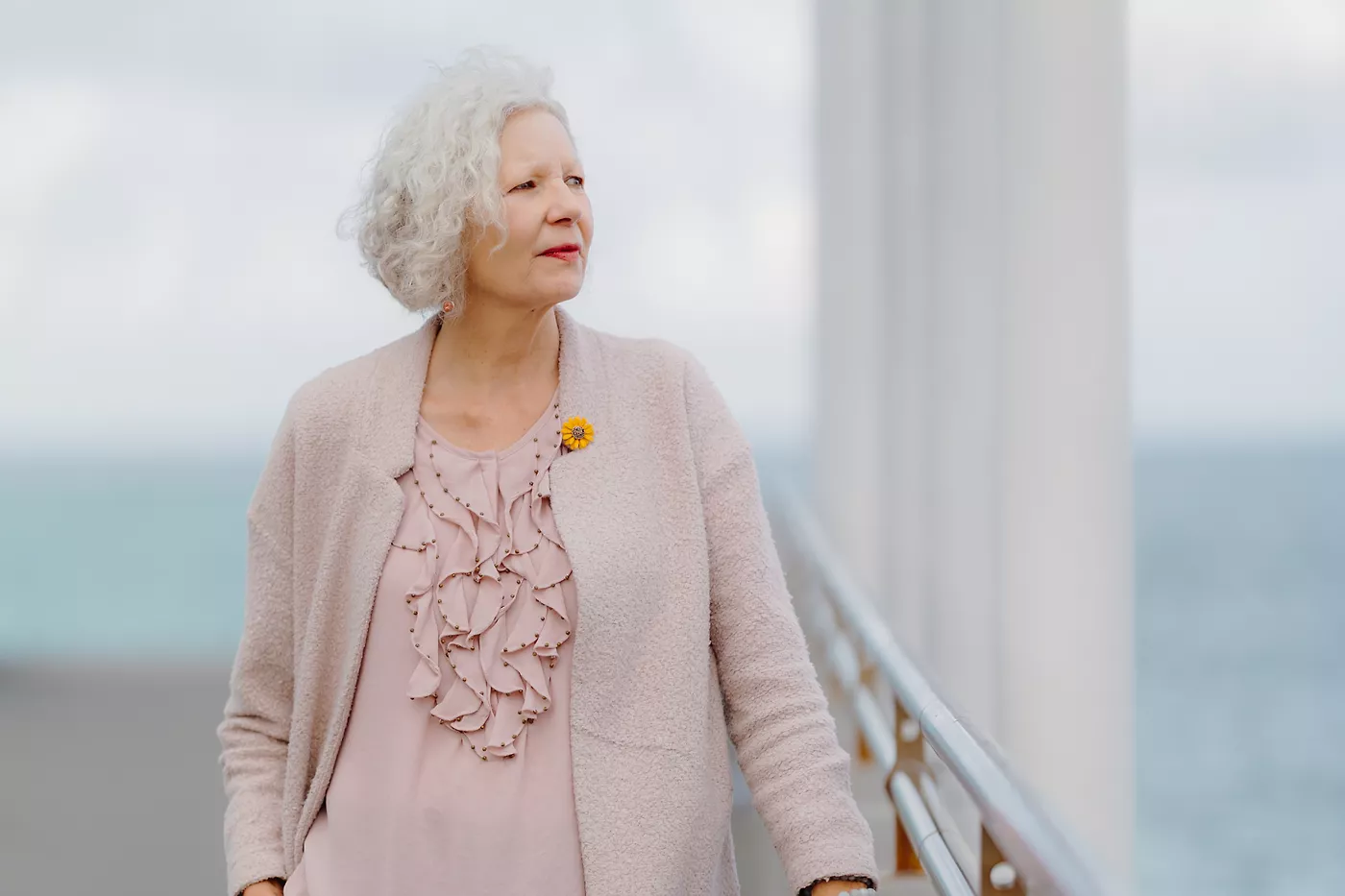
When I do meet with families, it is always so humbling to hear their stories and their gratitude. And when I get to thank donors - honestly, I can’t think of one who hasn’t then thanked us in return. In this role, you really get to see the generosity of people and the positive energy that creates.
For the kids, we have a programme called Online Antics, run by a play therapist. These children are often very isolated and can’t go to school, but with this they get to do really creative stuff. We’re looking at setting up one for siblings too, as there is also a massive impact on them.
What I love most about this role is the people - their aroha, their empathy and their resilience. If I could make one change in this world - apart from curing cancer - I would love to see kindness being added to everybody’s daily activities. I just think if every child had the conditions to reach their full potential, how much better this world would be.”
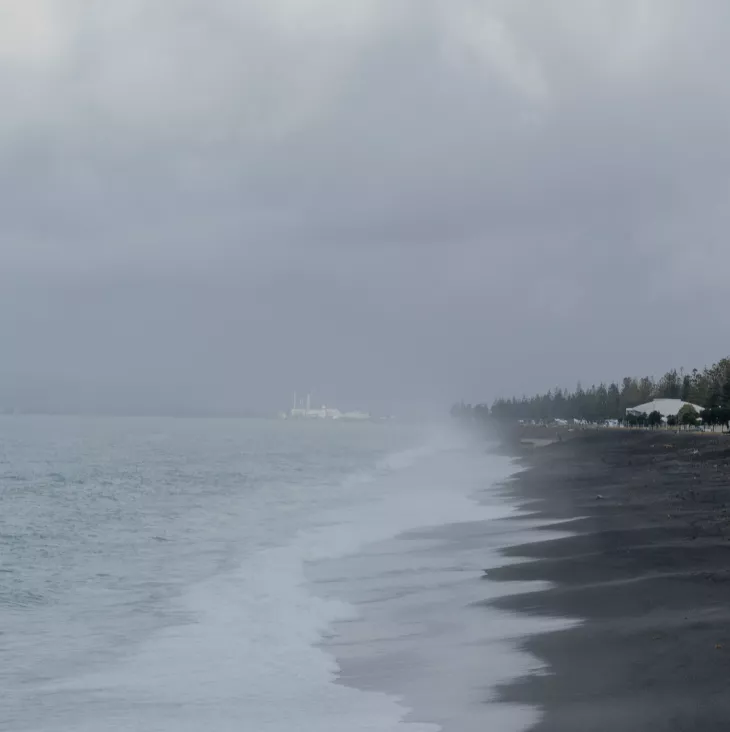
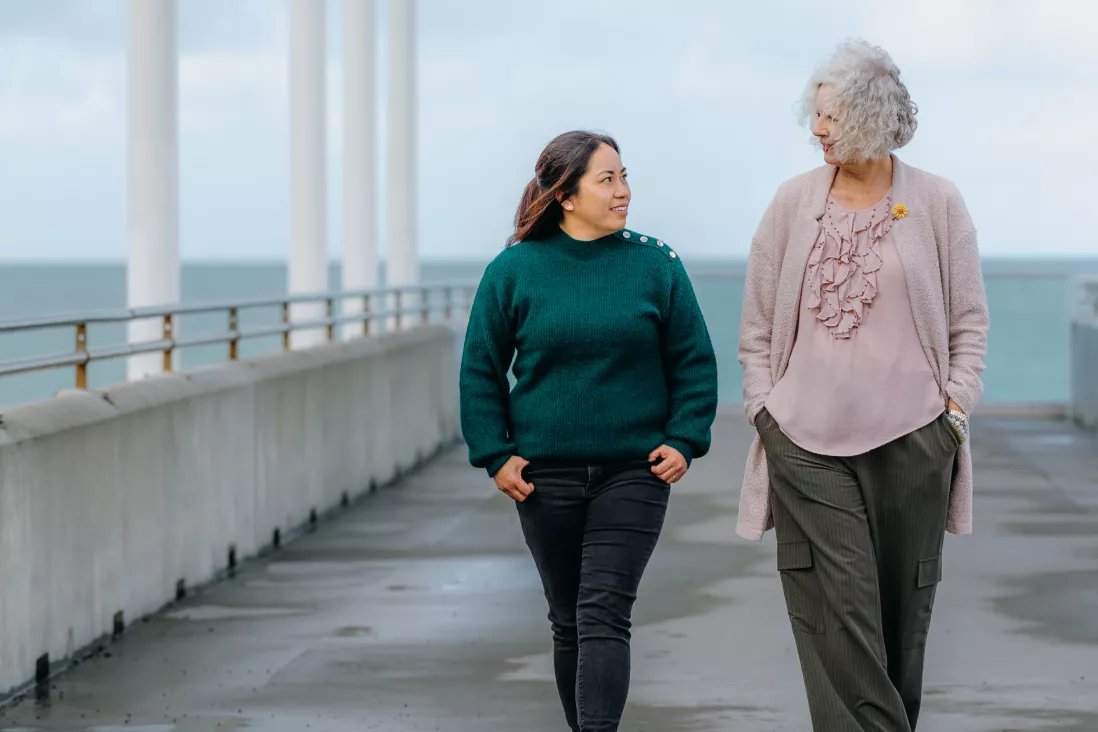
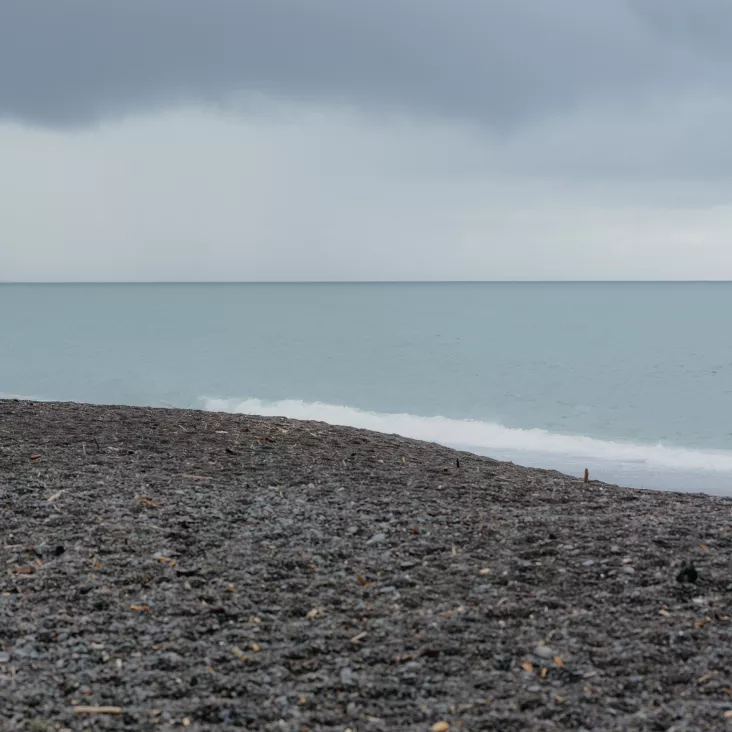
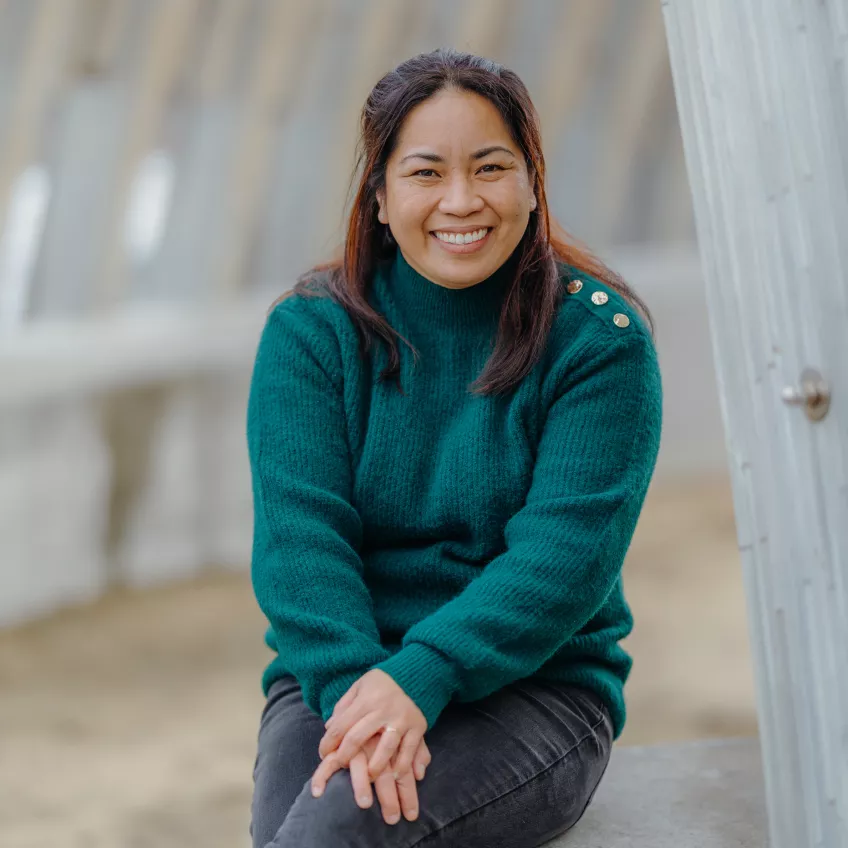
Thu-Lena:
“I got involved because I lost my son to cancer in 2013. It was a very short journey. He was diagnosed on the 11th of December and passed away on the 29th. I didn’t know a lot about the Child Cancer Foundation then but I remember when we were in Starship we were visited and supported really well.
When I came home to Hawke's Bay the Family Support Coordinator here reached out. I thought, ‘Oh she doesn’t know that I don't have a child anymore’. I thought that meant that I couldn’t be involved. I didn’t realise that they provided support for the entire family.
I joined a group for bereaved mums and I really loved it, so I started volunteering about six months later. I believe that people either want to pay it back or pay it forward. In my case I was paying it back. I did that for seven years before this role came up so I threw my hat in the ring and here I am!
When a child is diagnosed with cancer the family is provided with one-on-one tailored support through our Family Support Coordinators. Then once we know that families are ready to share their experiences with others, they join the Whānau Connect Group. I’m the Senior Whānau Connect Lead, so I oversee all those groups. We’re across the whole country, in 19 regions, and the groups are run by volunteers who are mostly parents of a child who has had cancer.

During the day my job is about planning events - in each region we try to do about six events per year. Every day there are phone calls to be made, venues to book, invoices to follow up. Then I will also work some weekends and late nights so I can check in with our volunteers, many of whom have young families and also work full-time.
The role of our Whānau Connect Volunteers is to encourage connection for families through shared experiences. Everyone’s journey is different, and has different stages so it’s important to us that these events are well-planned and well-suited to the families.

I used to stress about the finer details, but now I try to focus on doing the best we can to make families feel welcome, and empowering our volunteers to provide these meaningful opportunities.
Through their role, our Whānau Connect Volunteers get to hear inspirational stories and meet some really brave children, but they also hear devastating stories of challenge and loss. I do worry about how they cope with these heavy conversations. We have a debrief after the events, and even though our volunteers say that these situations are sometimes uncomfortable, they feel privileged that they get to share the journey with these families.
One piece of advice that has helped me through the years is being told: ‘You can do anything, there’s no limit’. When I was 14, I worked in a takeaway shop and my bosses became like parents to me. They encouraged me to think bigger and were so proud when I graduated as a nurse. I am fortunate that I have worked with people that believe in me and have seen my potential, even when I couldn’t. From my very first bosses, to now, with Monica. I try my hardest to see potential in others and share the same advice - that they can do anything too!
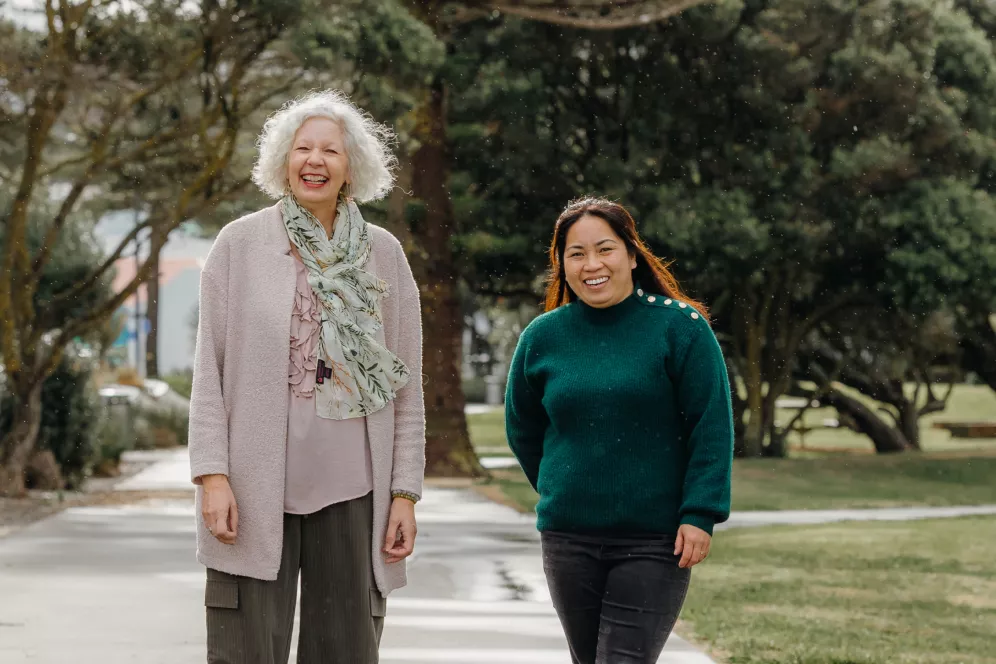
In this role, you really get to see the generosity of people and the positive energy that creates.
Honda has been a proud partner of the Child Cancer Foundation since 2016. Monica explains, “We get no government funding so partnerships like the one we have with Honda are really vital to us. We are lucky to have really supportive partners and donors who share the same values and want to support families in a time of crisis to help them get through it.”
To make a donation to the Child Cancer Foundation or to find out more see childcancer.org.nz.
-0-1400-0-700.png?k=29b15d1096)
-0-996-0-560-crop-aspect.webp?k=854f615d05)